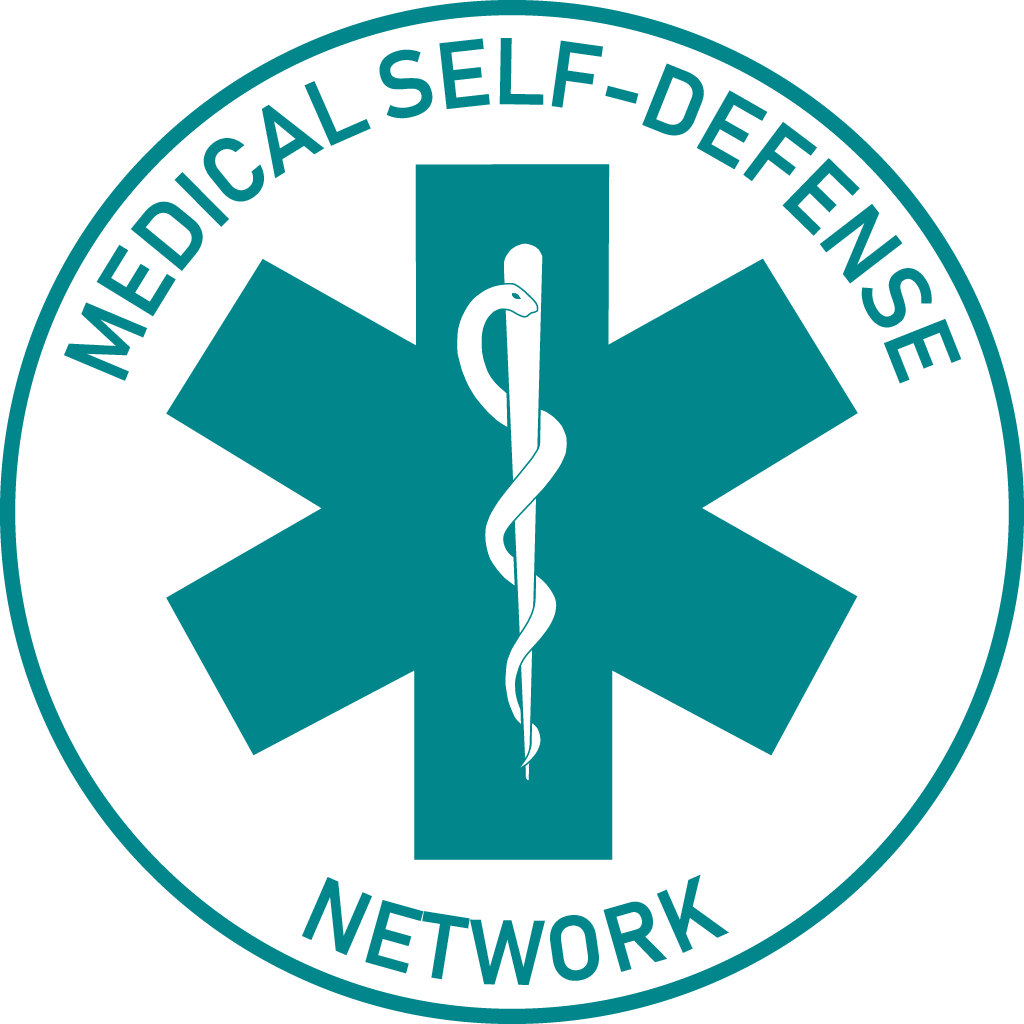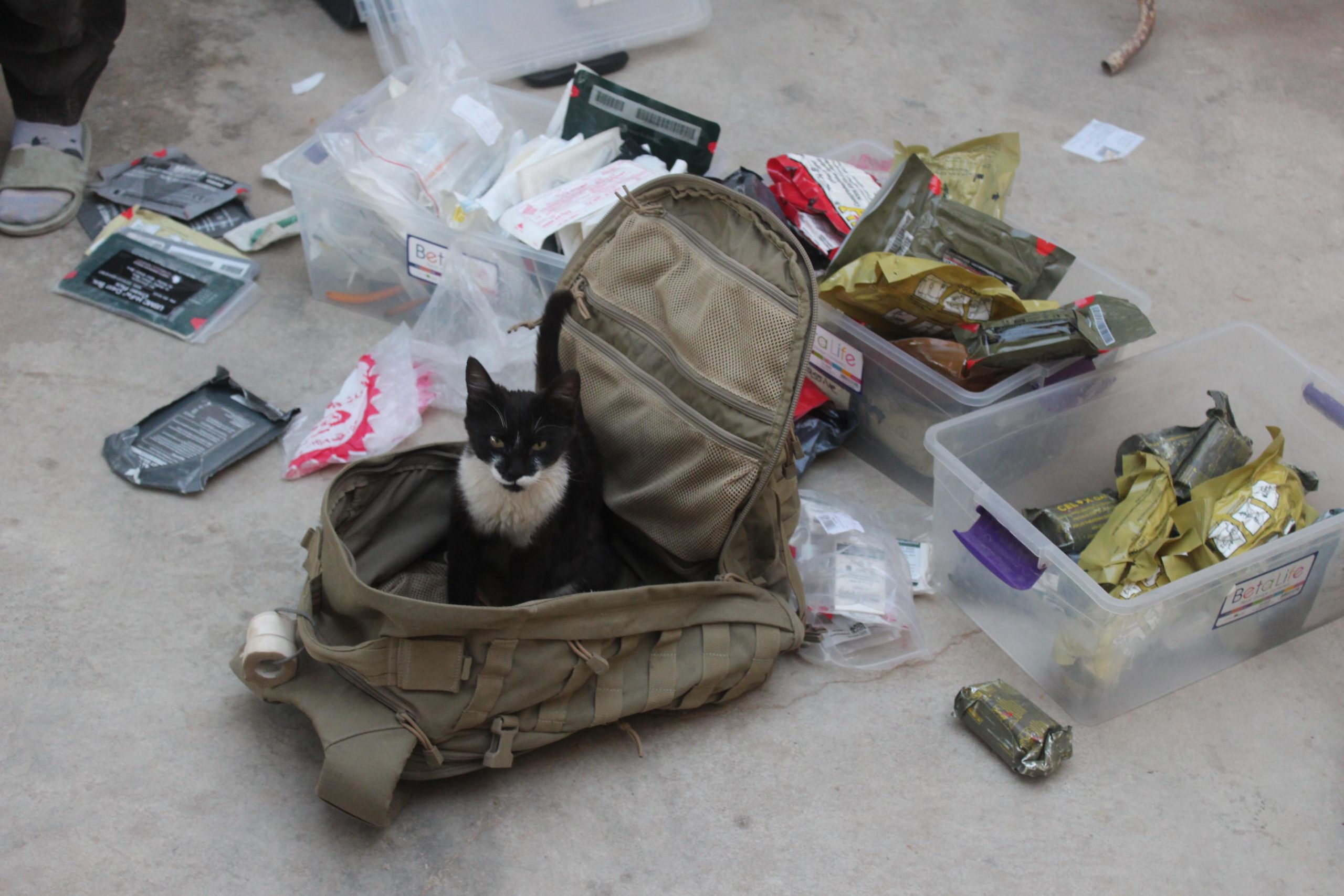Our mission
MSDN is an international association of medical professionals, volunteers and healthcare organizations.
We approach health as holistic well-being in mental, physical, social and environmental domains. Free access to medical care regardless of gender, ethnicity, economic position or legal status to support that well-being is everyone’s right.
In the current state of ecological catastrophe, social inequality and economic crises we promote an idea of a different relationship to healthcare. A relation that is based on having agency in health instead of being dependent patients and business objects, a relation which promotes mutual aid instead of charity and circumvents poverty through grassroots empowerment. Practical realization of this relationship is the mission of MSDN.
Mission Objectives
- Consolidate resources and infrastructure through the pontential of a network connecting the grassroots of individuals, groups and organizations. Different actors coming together create greater capacity for action.
- Offer free education programs ranging from people’s health awareness classes, to specific training in narrow fields, from basics of primary and secondary healthcare to professional courses.
- Mobilize a network’s potential to support independent access of populations to healthcare through education, mutual aid and distribution of resources.
- Create a platform for global coordination of healthcare initiatives to address at a global level the social and environmental situation.
- Provide frame and tools for non-state and non-corporate healthcare actors to mobilize as bodies capable of facilitating mutual aid and disaster relief responses.
- Propose effective alternatives to state or private healthcare and emergency services in crisis.
Our work
- Networking. Bringing structures, professionals, volunteers and resources into an interconnected organism focused around grassroots health care
- Resource & Infrastructure. Research & Development, 3D printing, resource distribution put in service of communities
- Herbalism. Putting forward natural remedies, backed by tradition, field experience and science, as both a tool of healing and reclaiming cultural heritage
- Emergency medicine. Initial medical response on the ground in areas of armed conflict and war
- Street medicine. Providing first aid to civil population facing violence during protests
- Education. Building training curriculums and educative courses opening a range of knowledge from basic first aid skill to advanced medical training to everyone in need
- Grassroots reporting. Bringing insights on healthcare from communities on the ground

